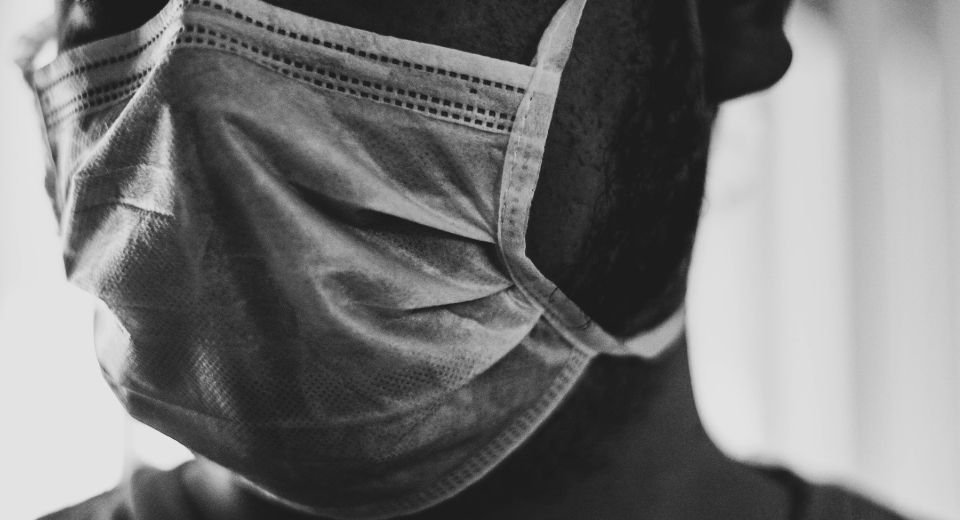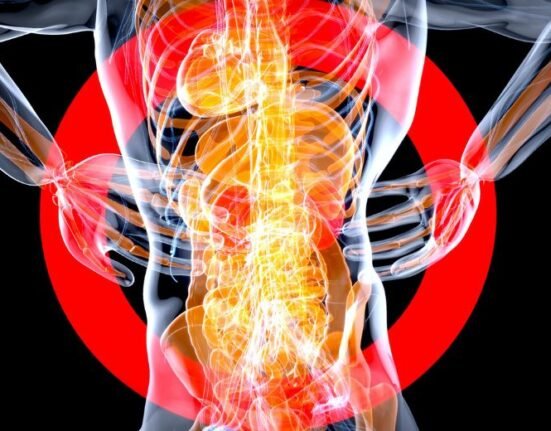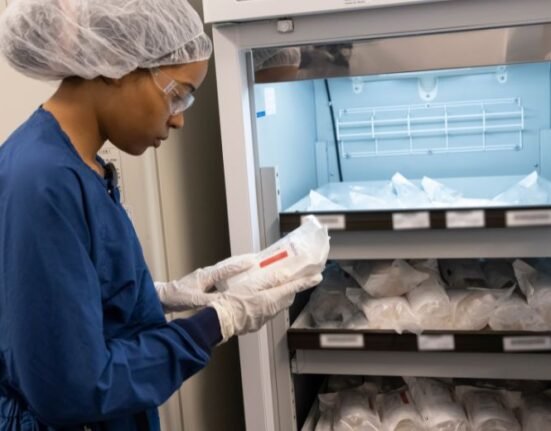HQ Team
November 24, 2023: The World Health Organization is monitoring an increase in children’s illness caused by pathogens, including acute respiratory syndrome coronavirus 2, in northern China.
Other forms of the illness, such as influenza caused by Mycoplasma pneumonia and respiratory syncytial virus, are also under the global health agency’s radar, according to a statement.
China’s National Health Commission reported on a nationwide increase in the incidence of respiratory diseases, predominantly affecting children, on November 13. They attributed the rise to a lifting of Covid-19 restrictions and the consent of the cold season.
The WHO stated that it had been analysing data from Chinese surveillance systems since mid-October. On 22 November 2023, WHO identified media and ProMED reports about clusters of undiagnosed pneumonia in children’s hospitals in Beijing, Liaoning and other places in China.
The WHO had made an official request to China to provide additional epidemiological and clinical information. The agency has told China to provide laboratory test results and recent trends in circulating respiratory pathogens.
‘Clusters’
“A key purpose was to identify whether there have been “clusters of undiagnosed pneumonia” in Beijing and Liaoning,” according to the statement.
On 23 November, WHO held a teleconference with Chinese health authorities from the Chinese Center for Disease Control and Prevention and the Beijing Children’s Hospital.
The authorities provided the requested data which indicated an increase in outpatient consultations and hospital admissions of children due to pneumonia since May, and RSV, adenovirus and influenza virus since October.
Chinese authorities did not detect any unusual or novel pathogens or unusual during clinical presentations, including cases in Beijing and Liaoning. They said the increase in respiratory illnesses was due to multiple known pathogens.
They further stated that the rise in respiratory illness has not resulted in patient loads exceeding hospital capacities.
Increased surveillance
Since mid-October, enhanced outpatient and inpatient surveillance has been implemented for respiratory illnesses covering a broad spectrum of viruses and bacteria, including, for the first time, Mycoplasma pneumonia, the WHO heard.
“This complements existing respiratory surveillance mechanisms and may have contributed to the observed increase in detection and reporting of respiratory illness in children.”
China has systems in place to capture information on trends in influenza, influenza-like illness (ILI), RSV and SARS-CoV-2, pneumonia and other severe acute respiratory infections and reports influenza detections to platforms such as the Global Influenza Surveillance and Response System (GISRS).
The GISRS is led by WHO and used for the international virological and epidemiological surveillance of human influenza.
‘Burden on healthcare facilities’
“WHO is closely monitoring the situation and is in close contact with national authorities in China. WHO will continue to provide updates as warranted.
“There is limited detailed information available to fully characterize the overall risk of these reported cases of respiratory illness in children. However, due to the arrival of the winter season, an increasing trend in respiratory illnesses is expected. Co-circulation of respiratory viruses may increase the burden on healthcare facilities,” according to the WHO.
The WHO did not recommend any specific measures for travellers to China. WHO advised against the application of any travel or trade restrictions based on the current information available on this event.








